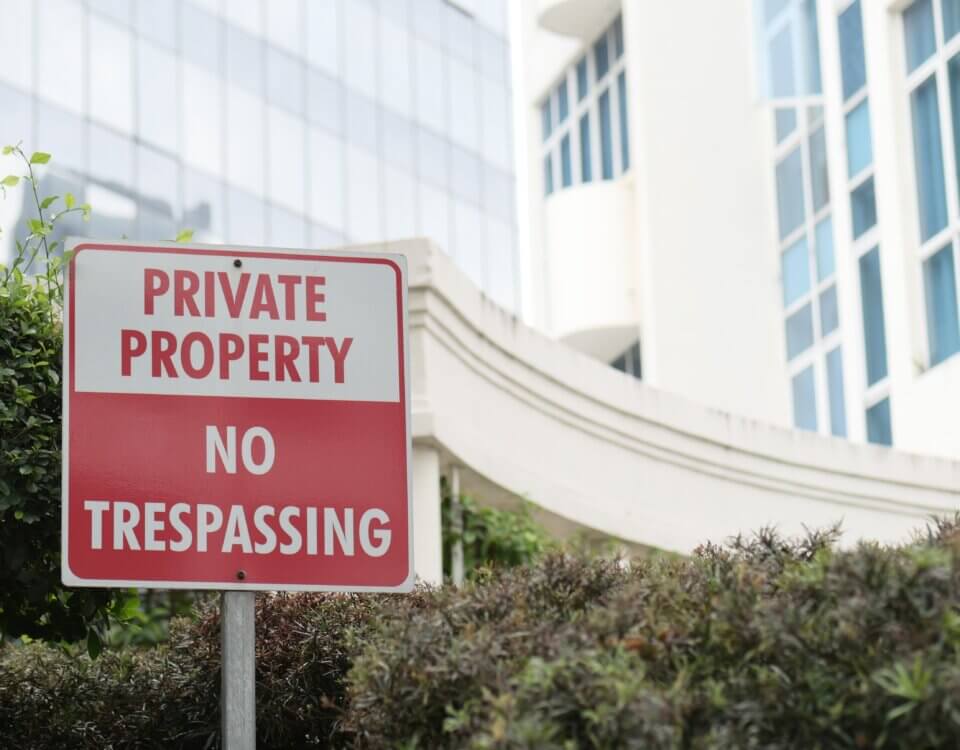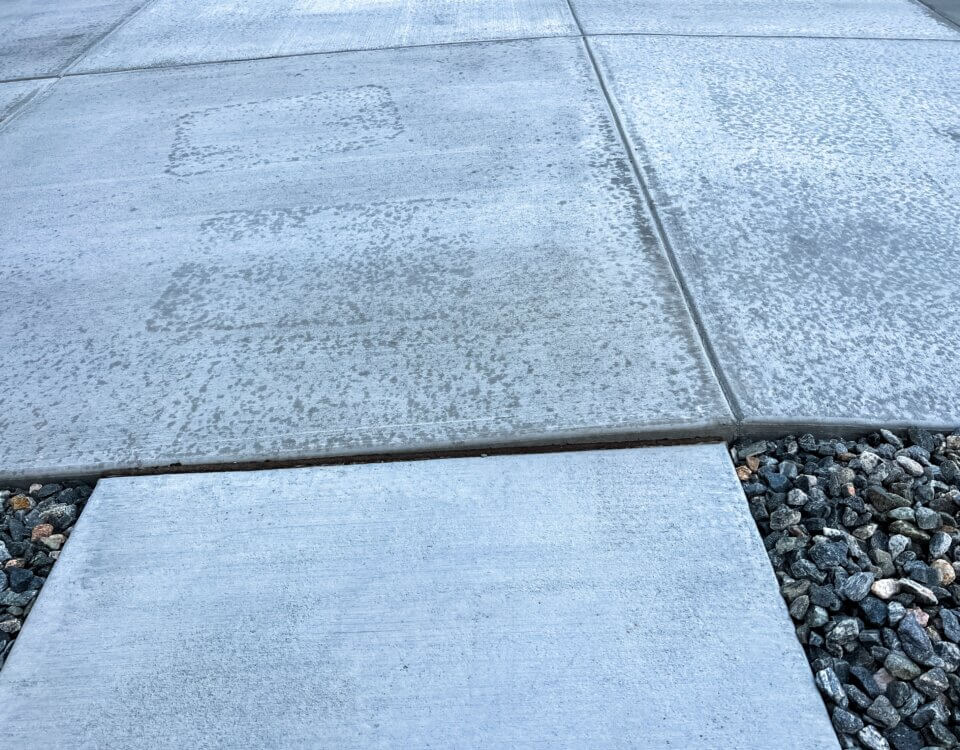Homeowner’s Duty of Care in California
In California the owner of a property is required to maintain a safe premises. That obligation includes ensuring that anyone working on the property has a reasonably safe environment. If a property owner fails in that duty by neglecting hazards, not maintaining safe conditions, or failing to make repairs and someone is injured, the homeowner may be liable.
Employee vs. Independent Contractor
One of the key issues is whether the handyman is an employee or an independent contractor. That distinction matters because it affects which laws apply and the extent of the property owner’s liability. Regardless, making sure the person you hire has insurance and any required licenses is an important protective step.
How Liability Arises
If the homeowner knew or should have known about a dangerous condition such as uneven walkways, damaged railings, or exposed wiring and did nothing, liability can follow. If the injury happens because of hazardous conditions that could have been discovered or corrected, the homeowner may be held responsible.
What Homeowners Should Do to Protect Themselves
- Verify that any handyman or contractor is properly licensed and insured before work begins
- Inspect your property periodically and correct defects or hazards in advance
- Inform contractors clearly about any known risks or issues
- Document what you have done and maintain records of inspections, communications, and repairs
What Happens After Injury
If a handyman is hurt on someone’s property legal claims may include premises liability. Injured workers might seek compensation for medical bills, lost wages, or other damages. A homeowner facing such a claim should consult with an attorney experienced in premises liability to understand their legal position and obligations.
How Hillstone Law Can Assist
If you are a homeowner or someone injured in such circumstances Hillstone Law can help. We can evaluate whether liability exists, help gather necessary evidence, and guide you through insurance or litigation processes. Contact us to discuss your specific situation and understand your rights.
Note: These blog posts are created solely for the use of Hillstone Law. The information is gathered from internet research, publicly available sources, and artificial intelligence (AI) tools such as ChatGPT. While we aim to share helpful and educational content, Hillstone Law does not independently verify every detail. Some information may be incomplete, outdated, or subject to change without notice. If you believe any part of a post is inaccurate, misleading, or infringes upon copyright, please contact Hillstone Law immediately so we can review it and take appropriate action, including correction or removal.
Disclaimer: The material provided in these blogs is for general informational purposes only and should not be considered legal advice. Reading these posts does not create, and is not intended to create, an attorney-client relationship with Hillstone Law. Our intent is to share knowledge, raise awareness, and provide helpful resources to the public; however, Hillstone Law makes no warranties or guarantees about the accuracy, completeness, or reliability of the information provided, and expressly disclaims liability for any actions taken in reliance on it. The photos used in these posts are for illustrative purposes only and do not depict actual clients, individuals, or incidents unless expressly stated. If you or a loved one has been injured in an accident, please contact Hillstone Law at (855) 691-1691. Our attorneys are available to answer your legal questions and help you understand your rights.







